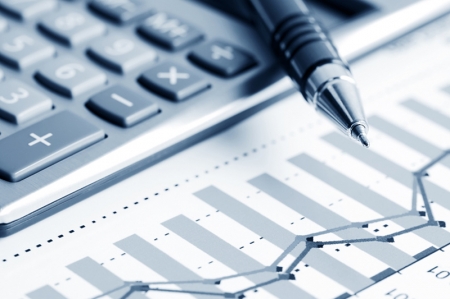Thailand plans stimulus as 2024 growth seen low at 2.5%, Finance Minister says
2024.05.27 10:58

By Kitiphong Thaichareon and Orathai Sriring
BANGKOK (Reuters) -Thailand plans stimulus measures in the short term to jumpstart its economy, which is expected to grow just 2.5% this year when it should be expanding at least 3.5% annually, the finance minister said on Monday.
Southeast Asia’s second-largest economy has lagged regional peers, with growth at 1.5% in the first quarter, slowing from 1.7% growth the quarter before. Last year’s growth was 1.9%.
The economy has good potential to expand at least 3.5% per year, Finance Minister Pichai Chunhavajira told a briefing after a meeting of economic ministers to seek ways to revive growth.
“We must do everything we can. I will not be satisfied with 2.5%,” he added.
The measures will include providing credit access for smaller businesses, offering tax measures and accelerating government spending, officials said at the briefing.
Pichai said he would meet the central bank chief to review the inflation target range of 1% and 3%, which will lead to appropriate interest rate settings. Annual inflation has been below the target range for a year.
Prime Minister Srettha Thavisin has urged the central bank to cut interest rates to help economic activity, but the central bank has refused to bow to pressure, keeping rates at a more than decade-high of 2.50%. The next interest rate review is on June 12.
On Monday, the Budget Bureau said a planned additional budget of 122 billion baht ($3.34 billion) for the 2024 fiscal year, which is to help finance a household stimulus scheme, will go to the cabinet for approval on Tuesday.
The extra spending will adhere to fiscal discipline laws and will lift the budget deficit by 112 billion baht ($3.1 billion), Budget Bureau Director Chalermphol Pensoot told reporters.
The government expects revenue to increase by 10 billion baht in the fiscal year from its original projections, he said.
The current 2024 budget plan projects spending of 3.48 trillion baht, with the deficit at 693 billion baht.
Economists and two former central bank governors have said the handout programme, which will give 10,000 baht each to 50 million Thais to spend in their communities, is fiscally irresponsible. Srettha reiterated on Monday that it was necessary, however, in order to stimulate growth.
Last month, the finance ministry cut its 2024 economic growth forecast to 2.4% from 2.8% but said it could reach 3.3% if the handout stimulus plan is deployed in the fourth quarter as planned.
($1 = 36.55 baht)








